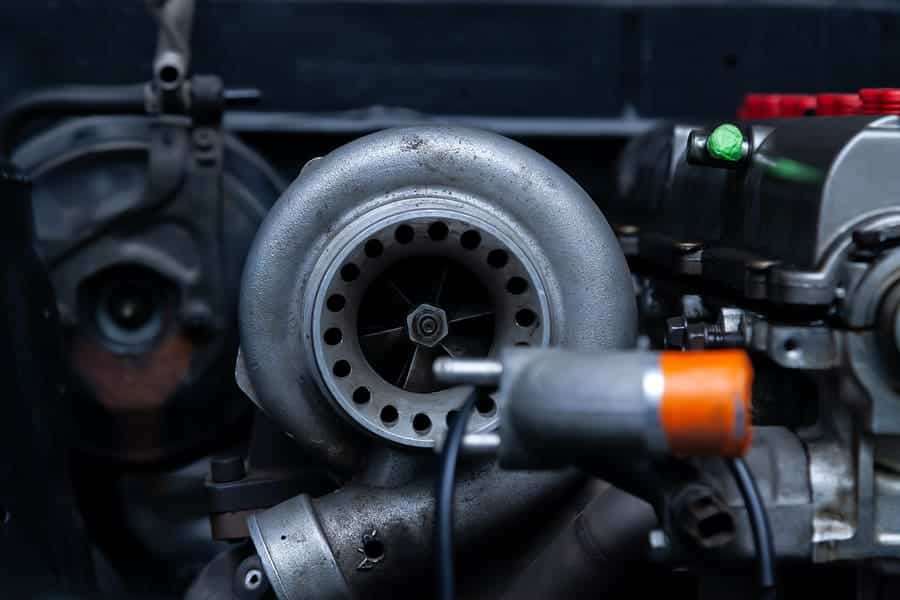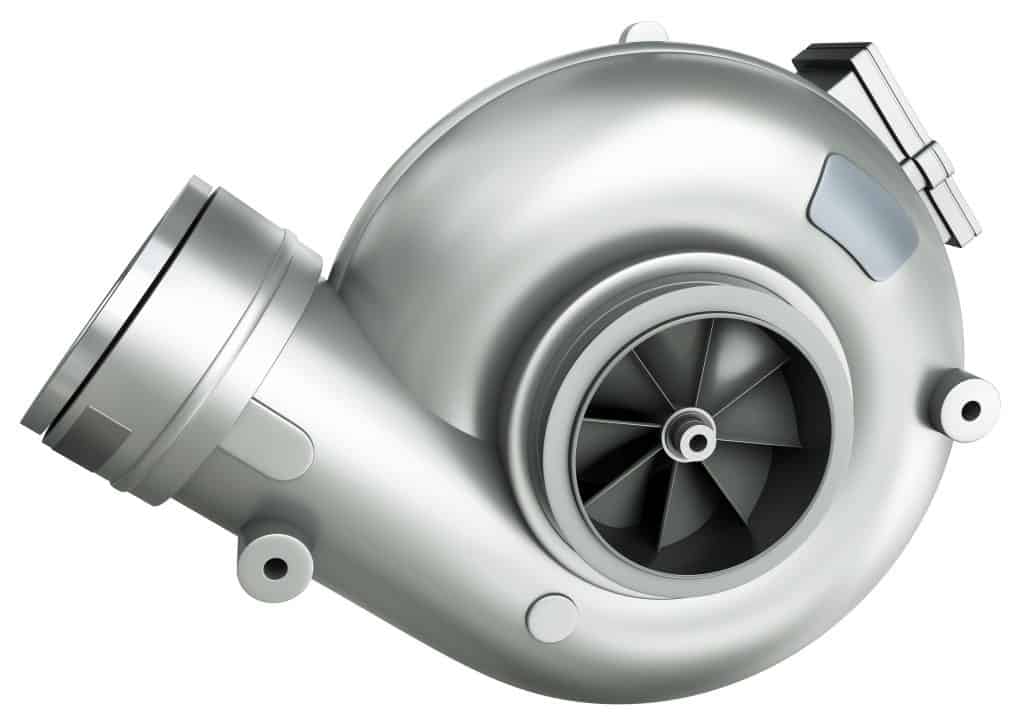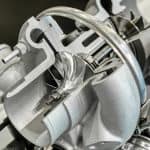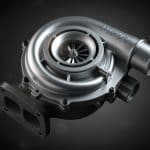
Even though turbocharged cars have been around for a while, they are still more complex than your average road car. With the advent of computer controlled engines, they admittedly do not require as much care as older turbo powered vehicles, but it’s definitely still worth paying attention to the upkeep of the system, even with a newer car to ensure you extend its lifespan.
How does Your Turbo Work?
The combustion that drives your engine needs three elements – fuel, ignition and oxygen. Your turbo works like a hair dryer, firing extra air into the pistons to ensure that the fuel’s energy is maximised over a short burst of time.
The system does this through the use of a turbine, which is powered by your exhaust gasses, sucking in the air from outside the car to feed in the required oxygen. With all this heat, pressure and motion going on in the system – it can be prone to breaking and failure.
How can You Preserve the Lifespan of your Turbo?
What are the general guidelines for minimising the wear and tear on a turbo, and how can you help limit the amount of emissions produced by the system?
1. Regular Oil Changes
Keeping your turbo lubricated is essential to ensuring its good operation. Older turbos tended to be entirely oil cooled, and even with modern turbos that are more reliant on coolants, there can still be a high demand on oil from the system.
It is therefore recommended that you perform regular oil changes at around every 5,000 miles to keep the system well lubricated. If you don’t get out on the open road that much, you may be able to get away with less frequent oil changes, but we would always advise you to stray on the side of caution.
2. Check Quality of Oil
Using a good quality oil will help prolong the lifespan of your turbo. It’s possible to find out the best type of oil for the job from your owner’s manual. Generally turbos work better with synthetic oil, and there’s nothing to stop you from doing a little research on the web to see what the general opinion is on the best oil for your car. In short, low grade, cheap oil will not protect your turbo adequately.
3. Use the Right Fuel
Lower octane fuels can create knocks within the engine that could create a series of sequential problems, causing premature wear on your vehicle’s turbocharger system. Always check at the pump that you’re using the right fuel, and avoid opting for lower priced alternatives.

4. Warm Up the Vehicle
The oil in your car needs to warm up properly before it can work at the required level to keep the turbo lubricated. We’d always advise that you run the car for around 5 to 10 minutes, to get everything up to the proper temperature levels, before you start using the turbo at higher speeds. Let the engine warm up to its proper potential to run less risk of damaging the turbo.
5. Work the Gears – Not the Turbo
When you’ve got that extra poke in your engine, it can be very tempting for overreliance on the turbo to rear its head. Yes, pushing for that overtaking power can be useful in some occasions, but remember that the transmission and gear system is the ideal way to get extra grunt from your engine. Always try to use the gears to get extra speed when necessary, rather than always pushing on the turbo, as this may cause premature wear on the part.
6. Cruise Correctly
Needless to say, when you’re pushing the turbo this wears out the part. Whilst it’s great to use the turbo to get up to speed on the dual carriageway or motorway, once you’ve achieved a good cruising velocity, stay off the accelerator, using the minimum amount of periodic boosts to maintain your speed. In short, use the turbo less to get more life out of the system.
7. Let the Turbo Cool Down
If you’ve been out and about doing considerable speeds and come to a sudden stop, then your turbo could still be glowing red hot. If you shut down the engine quickly then this can leave the heat with nowhere to safely dissipate. This heat can actually cook the oil in the turbo, turning it into a thick, useless and viscous sludge that can clog up the system and leave it damaged and at worst unworkable. All you have to do is leave the engine running for a couple of minutes at the end of your journey on idle, letting the turbo cool down safely rather than shocking it with a sudden loss of heat – before finally turning it off.
8. Don’t Blip the Throttle
Blipping the throttle is the process of increasing the revs to match the road speed when down-shifting the gears. When you apply force to the accelerator in such a situation, if your vehicle has a turbo, then it makes the system work that little bit harder – which in turn causes the part to prematurely wear.
And Finally
If you purchase a vehicle with a modified engine, or in fact decide to implement a little customisation yourself, then this can affect the performance of your turbo – and the manufacturers guidelines will no longer apply. In such situations, we’d always recommend that you get your new system looked at by a professional, who can test the stress tolerance limits and temperature constraints of the system.
Such inspections allow you to know how hard you can push the turbo, what kind of oil is best to use, and even where the heat dissipates within your vehicle – all helping you build a clear picture of how to preserve and best use this high performance system.
See our guide for information on how to replace a turbo. For replacements, see our used turbos page.




.png)